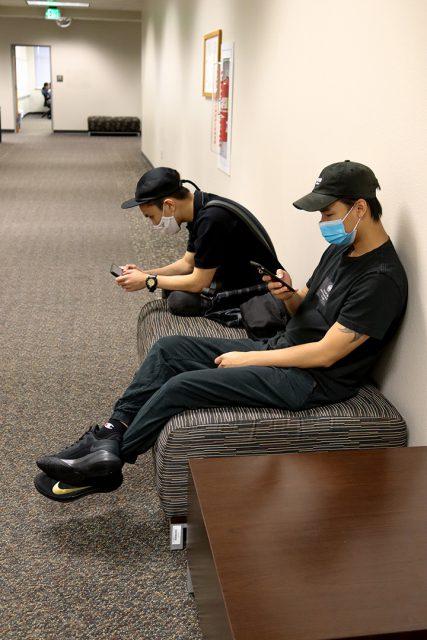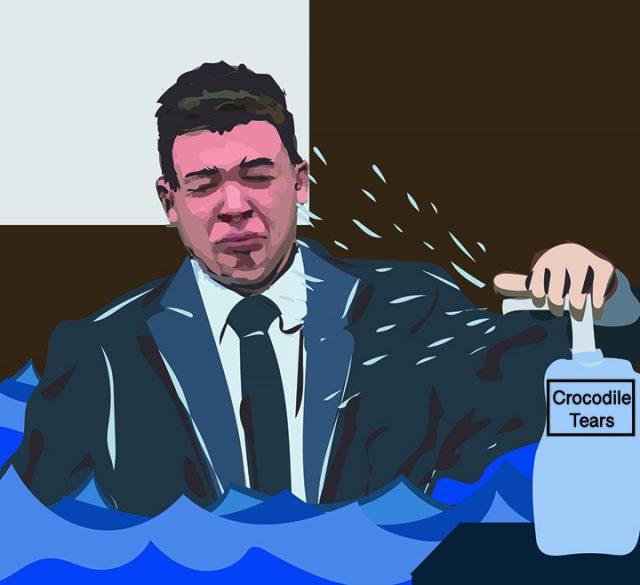Theaters’ already-existing trends were magnified by COVID-19
Azul Sordo
photo editor

primarily showing old classics such as “My Fair Lady.” Photo by Azul Sordo
As COVID-19 gripped the nation in March 2020, Hollywood’s unremitting gears came to a grinding halt. Film studios faced major setbacks amid shutdowns and major movie theater chains found themselves teetering on the edge of bankruptcy — the kind an $18 bag of popcorn can’t fix.
The TR film club continued their meetings online, but members were forced to confront the possibility of encountering an unfamiliar film industry post-COVID-19.
“I think that basically it’s going to accelerate trends that were already there,” TR film club member Miles Lilly said.
Box office earnings plummeted $9.2 billion from 2019, according to the Motion Picture Association’s 2020 THEME report. However, the need for new content didn’t simply disappear. In fact, consumers were hungrier than ever.
The U.S. digital entertainment market soared by 33% in 2020, with major studios such as Disney and Universal releasing new films to their streaming platforms simultaneously with their theatrical release.
“It’s gonna take over, honestly,” TR film club president Devin Jones said about streaming. “I think a lot of industries, a lot of companies, started to understand that this is the best way to make money — and the easiest.”
With a vaccine rollout underway, it’s difficult to say where movie theaters will stand when the dust finally settles. While Jones believes surviving theaters will become “hollowed shells” of the entertainment titans they once were, TR film club advisor and drama instructor Arturo Garcia is hopeful their appeal might keep them from extinction.
“There will always be the few of us that love sitting in a dark room with an overly priced popcorn and watching this film and laughing with our fellow moviegoers, crying, sitting there breathlessly, without saying a word at the conclusion,” Garcia said. “I still think there’s a need for that.”
Even if the exhibition of film undergoes major changes in the near future, the film industry has escaped near-calamity many times before, Garcia said.
“Cinema itself has gone through changes that threatened its very existence as a model at that time frame — whether it was sound coming on, or how color changed the way they did cinema, how TV really rocked studios’ worlds,” he said.

Photo courtesy Joseph Brenner Associates
If anything, this inclination toward streaming platforms will expand the independent cinema marketplace, he said. Netflix, which has been at the forefront of the streaming wave, has amassed a wide collection of independent films.
“I think that many people are anxious to make art,” he said. “This pendulum is swinging back where one needn’t have this scholarly background to create film, so I do see a huge surge of potential filmmakers.”
Despite the uncertainty, Jones is eager to become part of this developing industry. As a screenwriter, when he’s not in class, he’s writing riveting stories of gambling, near-criminal cleanup crews and disgruntled clowns treading the line between entertainment and imprisonment.
“I’m just happy to be around the magic of it all, I know to always expect change,” Jones said. “I love the challenge of a new environment, I love the challenge of always having to better myself or better my understanding and education so that I know how to be the best I can be in that area.”






































